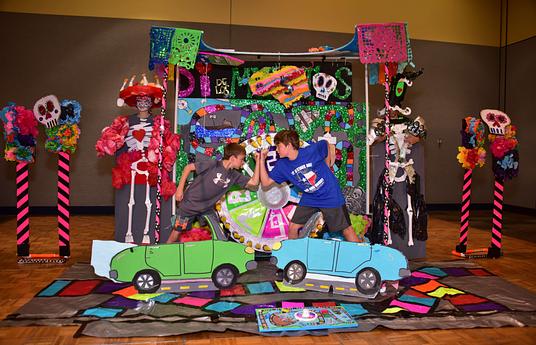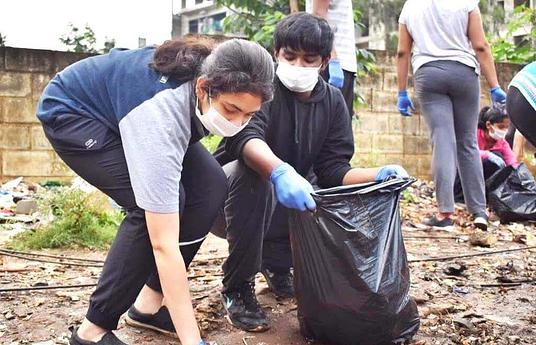The program was created due the lag in the appropriation of methodologies and digital content by teachers, which consequently, led to the minimal incorporation of technology in the educational processes. We recognised the need to ensure that teachers and students have access to technological resources in order to develop essential competencies and skills for the 21st century.
The level of technological appropriation of state schools is measured every year and, since then, the technological innovation plans of the administrative unit and schools are updated. The actions of the program that support the execution of the plans are structured in 3 main axes: 1) Teacher training: offering distance education courses on active methodologies and hybrid teaching as well as lives and webinars; 2) Sharing practices: creation of virtual communities for collaborative learning and sharing of practices; 3) Digital content: curatorship and availability of digital content on the program portal and on YouTube channel. As evidence, from 2018 to 2019 there is a jump of 12.6% in the average score for the level of technological appropriation of the network, going from 2.53 to 2.85, located at the intermediate level. The program became even more relevant since the pandemic, when training actions were expanded in order to meet the urgent need to adapt to the new school context.
The program was conceived with a wide scope, in order to include all 427 schools in the state network and its 13,000 teachers. Once involved in the actions, teachers become the protagonists in the dissemination of content and digital culture, sharing practices with their colleagues. The engagement of teachers is evidenced by: an increase of 120% in the number of participants in the virtual communities in 2020; reach of more than 90,000 views in the lives/webinars promoted in 2020; 280,000 users among the program's platforms; 14,300 subscribers on the YouTube channel; 155 practices mapped in the padlet. It is worth mentioning that all the content is made publicly available on the program's channels, and is also accessible to professionals from other educational networks, public or private.
Anyone can access our digital content and training on the program's channels. The main achievements are the rise in the technological appropriation, in adherence to trainings and sharing practices, which increases the use of technology in the educational process. For the future, the intention is to increase at 50% the participation of teachers and to reach an advanced technological appropriation.



